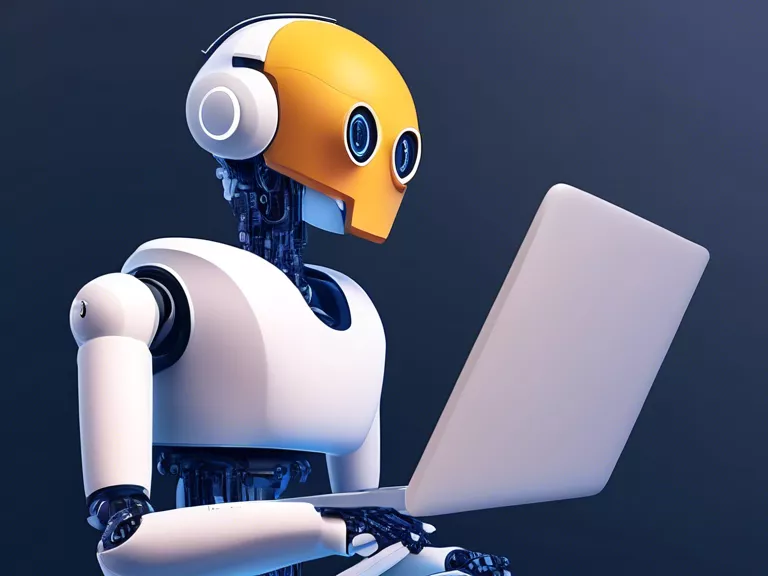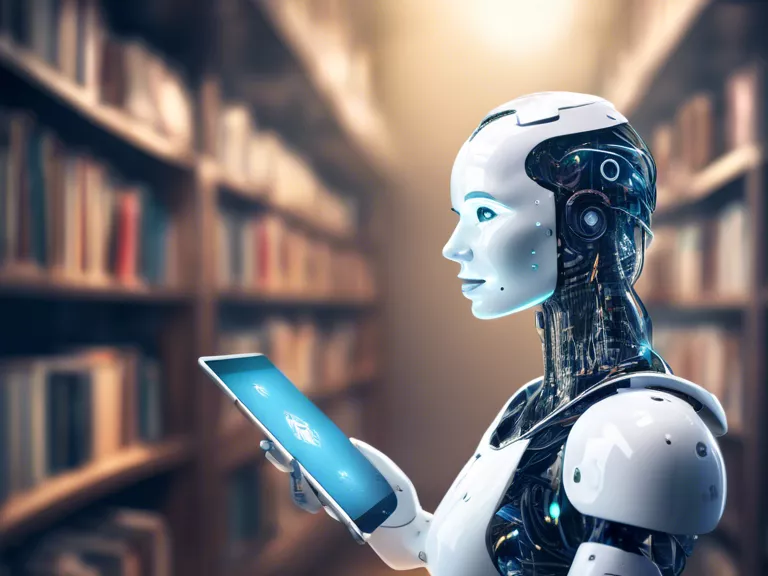
Artificial Intelligence (AI) has revolutionized the way we learn languages, with tools such as chatbots and virtual tutors playing a significant role in the process. From personalized feedback to interactive exercises, AI has made language learning more accessible and effective than ever before.
One of the most notable impacts of AI in language learning is the rise of chatbots. These computer programs use natural language processing to engage learners in conversations and provide instant feedback. Chatbots can simulate real-life interactions, allowing students to practice their language skills in a low-pressure environment. With advancements in AI, chatbots have become more sophisticated and are now capable of adapting to the individual needs of the learner.
Virtual tutors are another AI-driven tool that is transforming language learning. These interactive programs can provide personalized lessons based on the learner's proficiency level, learning style, and goals. Virtual tutors can offer exercises, quizzes, and practice sessions tailored to the student's needs, helping them improve their language skills at their own pace. Moreover, virtual tutors can track the progress of the learner and provide detailed feedback to help them overcome their weaknesses.
AI has also enhanced language learning by making resources more accessible. Through AI-powered platforms, learners can access a wide range of materials, including videos, podcasts, and articles in the target language. These resources are often tailored to the learner's interests and proficiency level, making it easier for them to engage with the content and improve their language skills.
Overall, the impact of AI in language learning has been profound. From chatbots to virtual tutors, AI has made learning languages more interactive, engaging, and effective. As technology continues to advance, we can expect AI to play an even larger role in language education, helping learners around the world achieve fluency in a new language.



